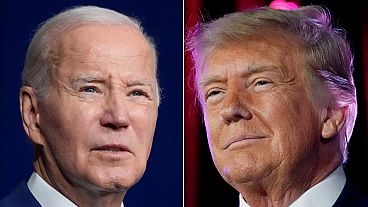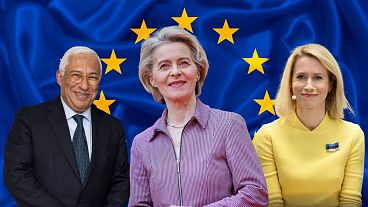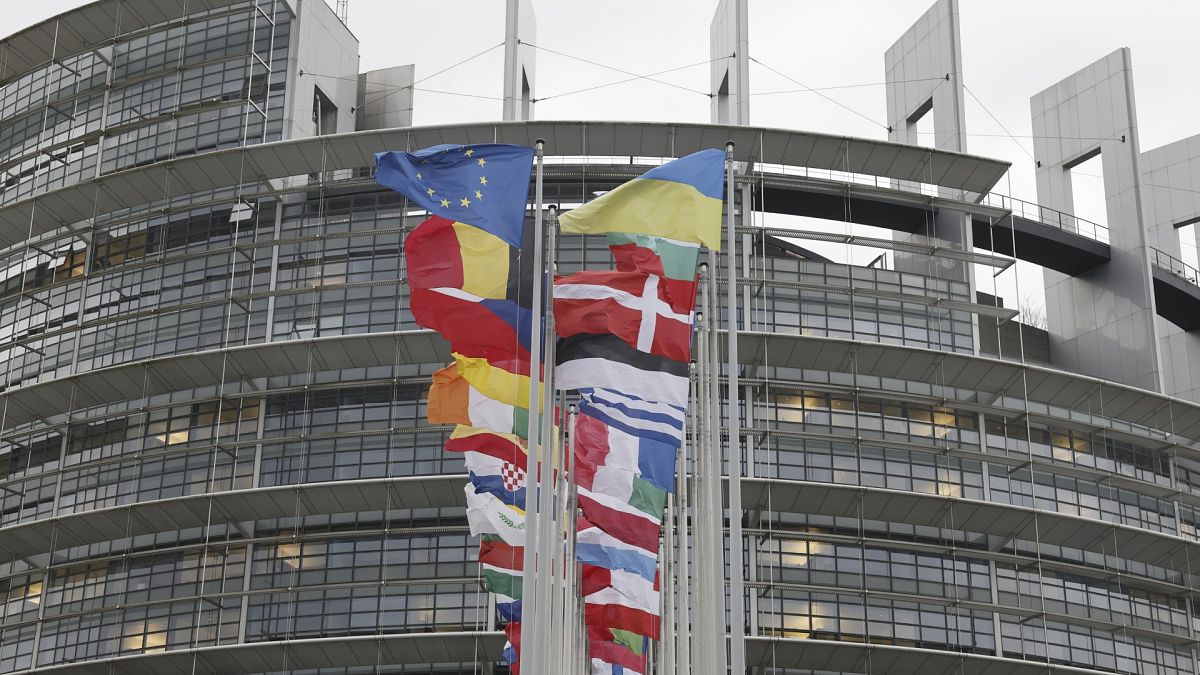Citizens from 27 European countries will elect the new members of the European Parliament, which will then proceed to appoint its president as its first action after the elections on 6-9 June.
The European Union goes to the polls from Thursday through to Sunday this week in elections in which right and far-right parties are widely expected to make gains.
Citizens of its 27 countries will be voting for a new 720-member European Parliament, 15 more than in the previous election.
One of the new assembly's first decisions will be to elect the president of the parliament, a vote that requires an absolute majority.
Following this, the next step is to name a president for the European Commission, a decision made by the new parliament members.
The same applies for aspiring commissioners. They will be interviewed by MEPs, who will decide whether to back or reject them.
MEPs will then take part in drafting EU laws. Their role includes debating, amending, and finally negotiating proposals made by the European Commission together with the European Council.
While neither parliament nor the council has the right to initiate a legislative procedure, they can request the commission to do so and put forward a proposal.
Two of parliament’s other big tasks are adopting the EU budget and scrutinising foreign policy. It must also greenlight any EU enlargement and all association treaties.
The Parliament also has the power to force the commission to resign by adopting a censure motion.
In 1999, in the light of a fraud and corruption scandal, the entire European Commission was forced by the European Parliament to resign en masse.












